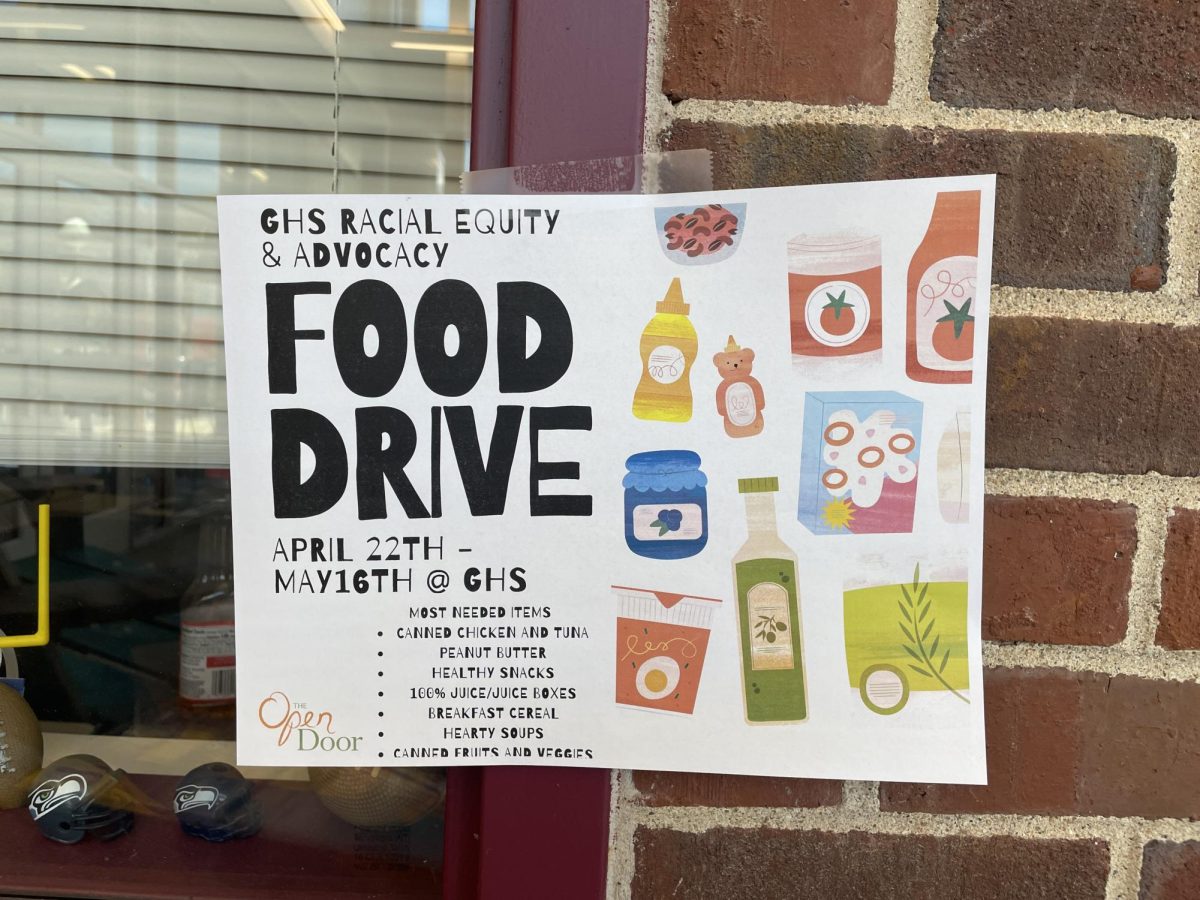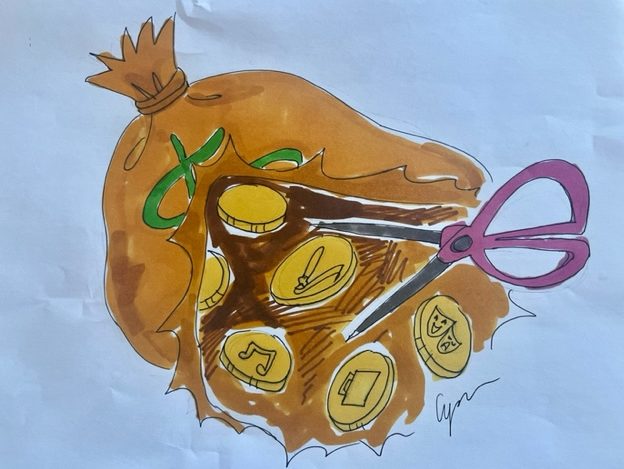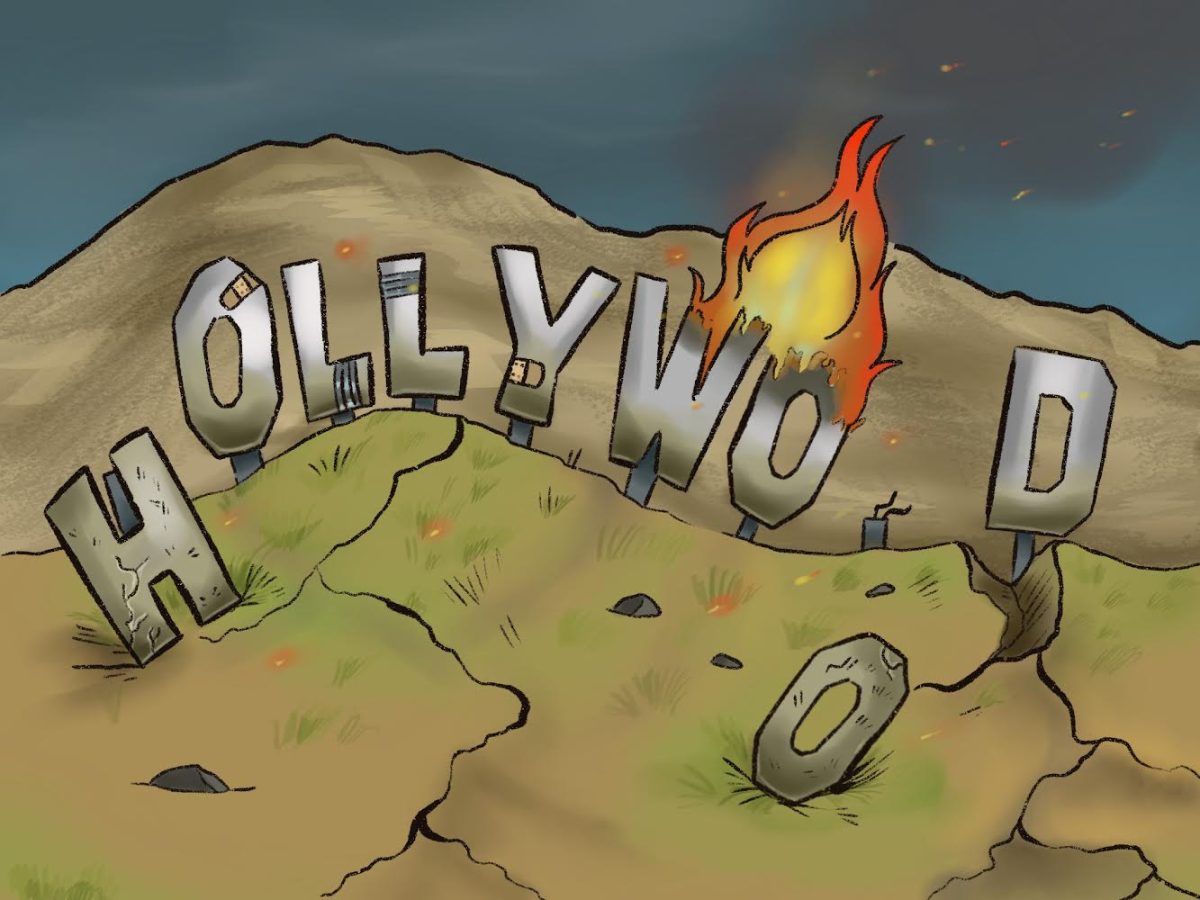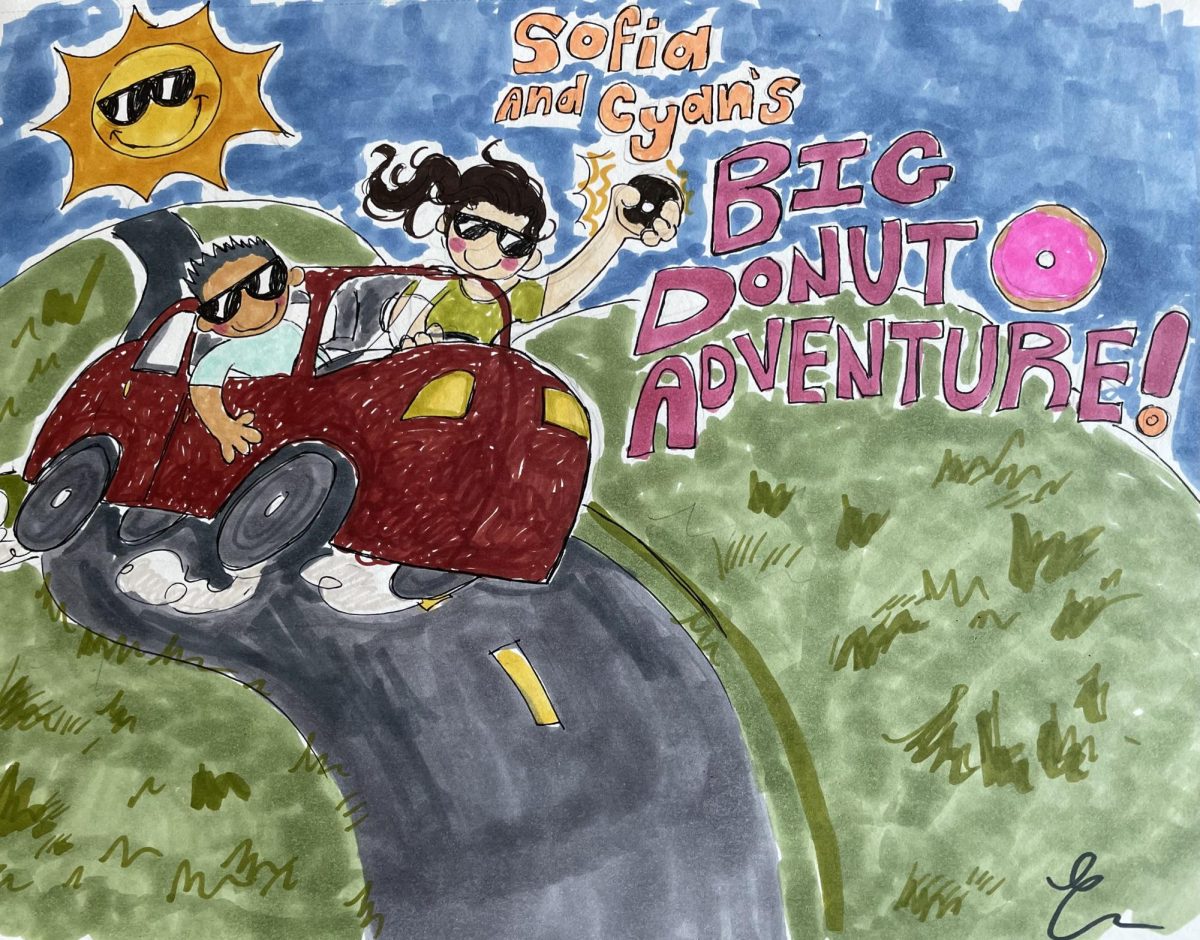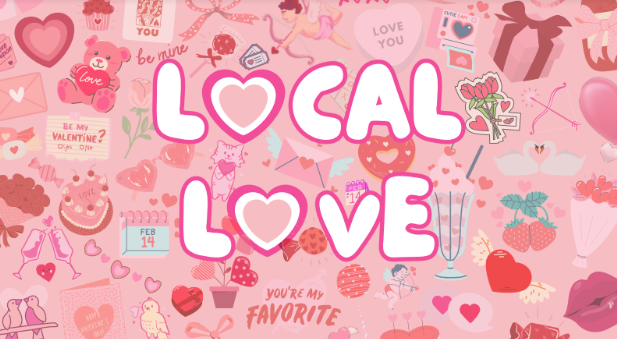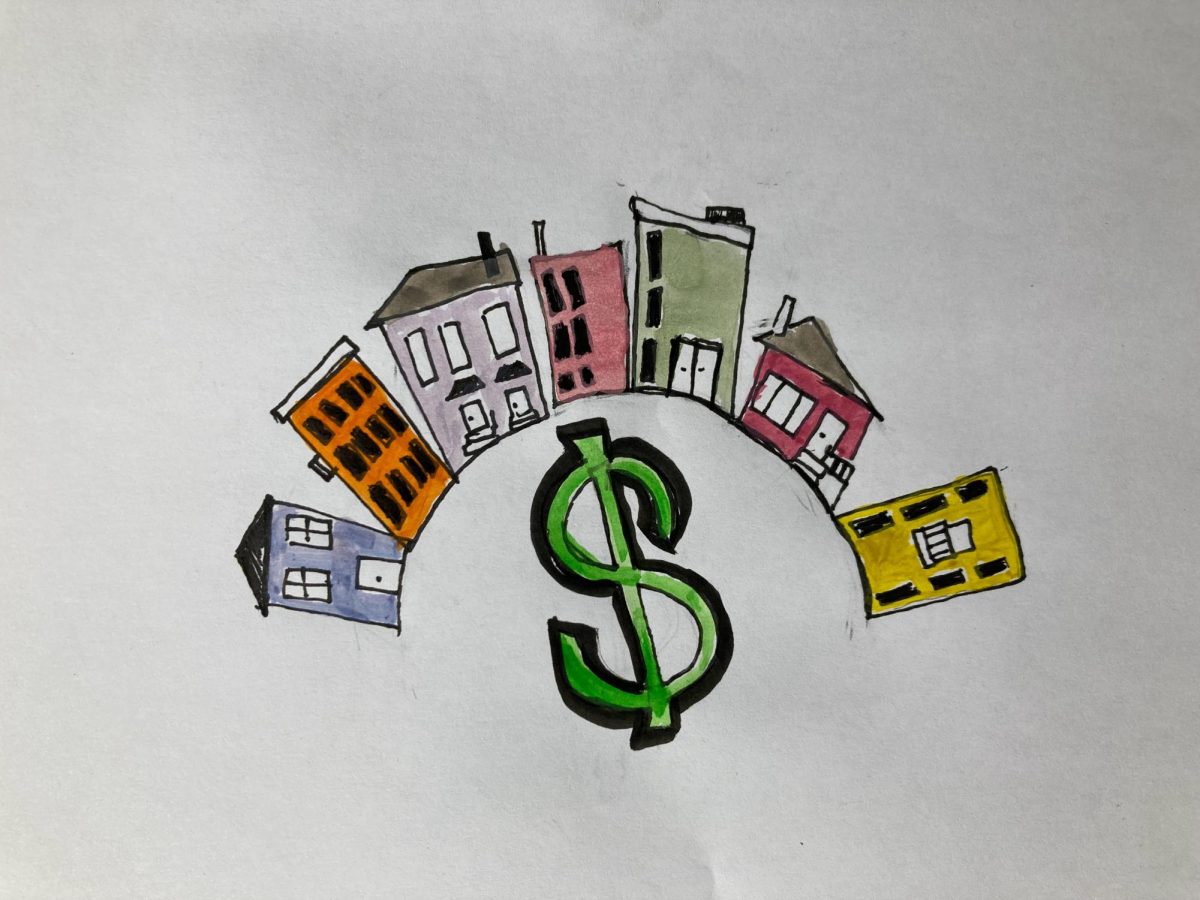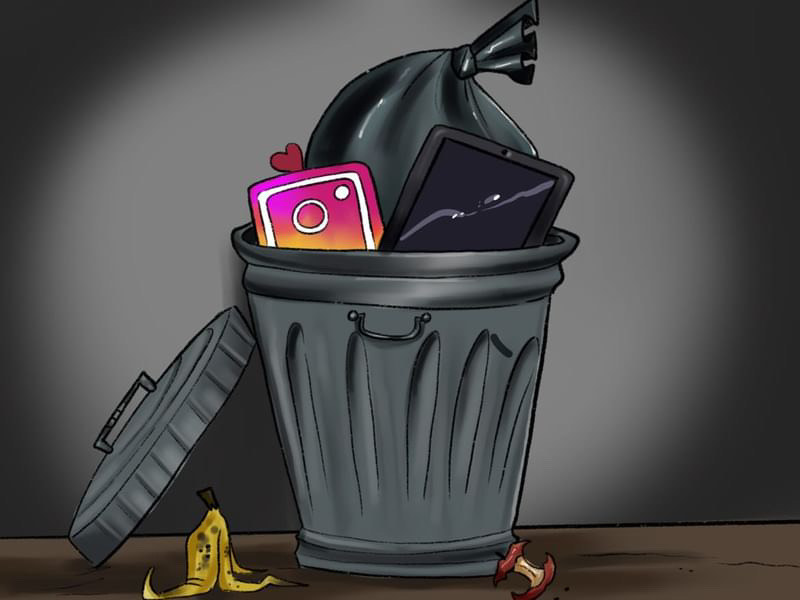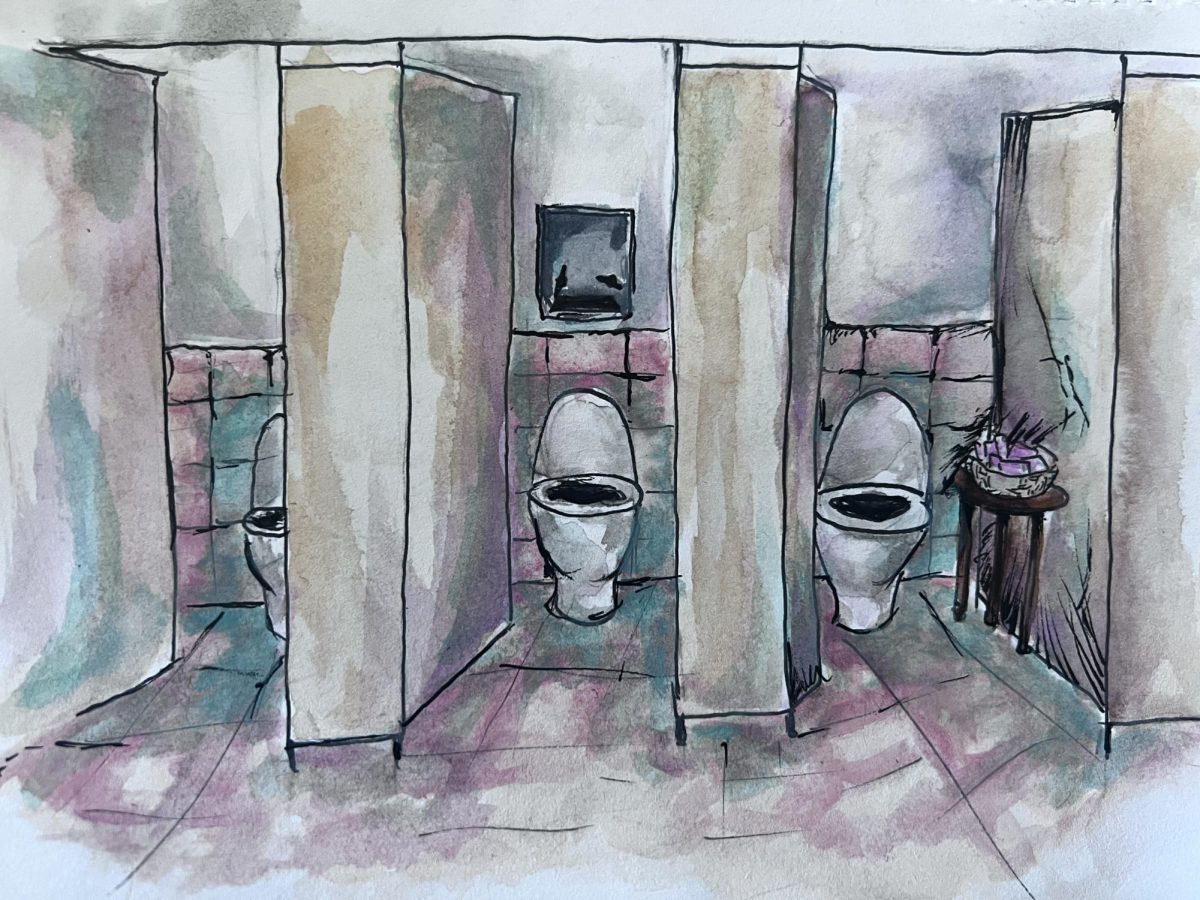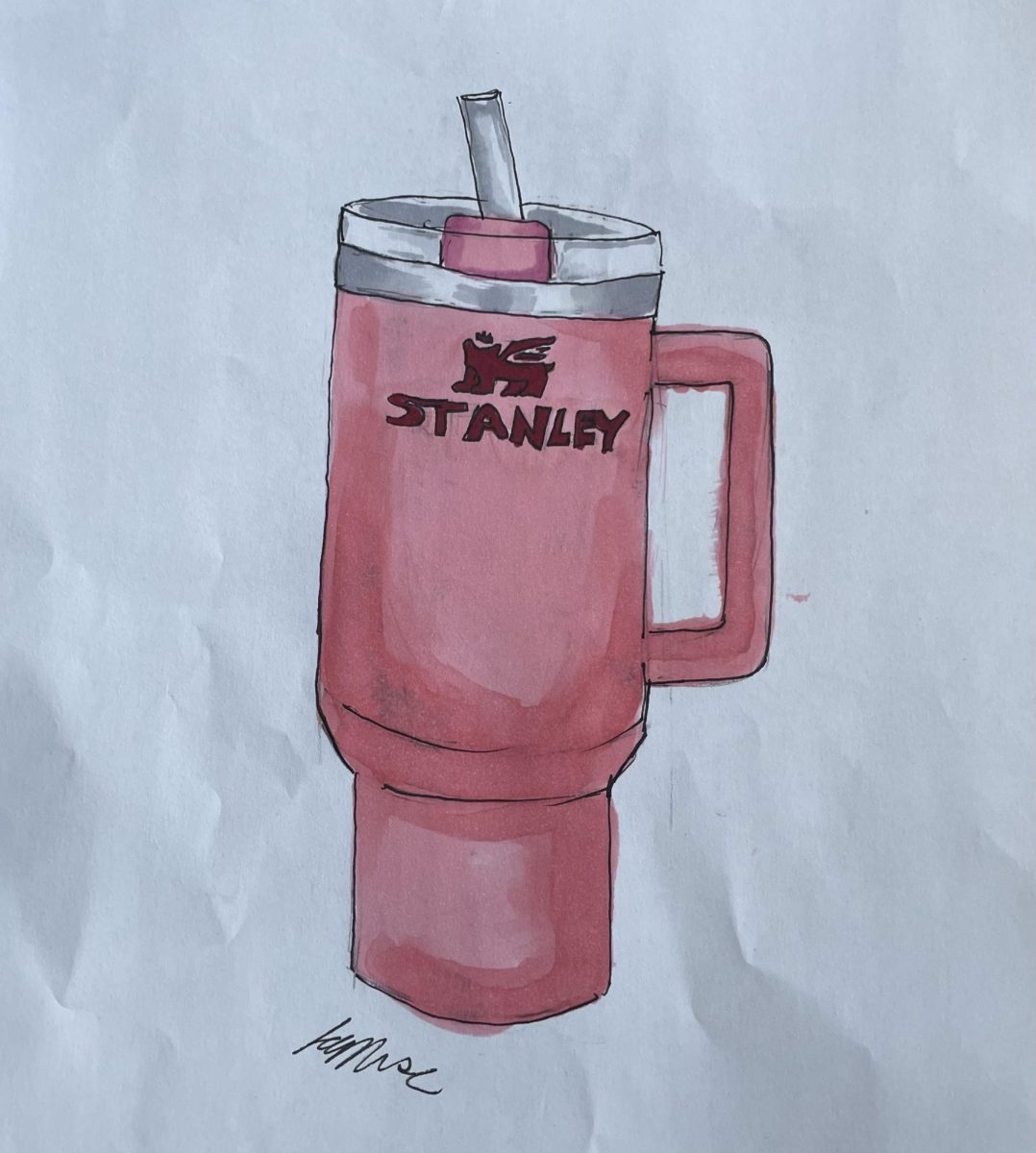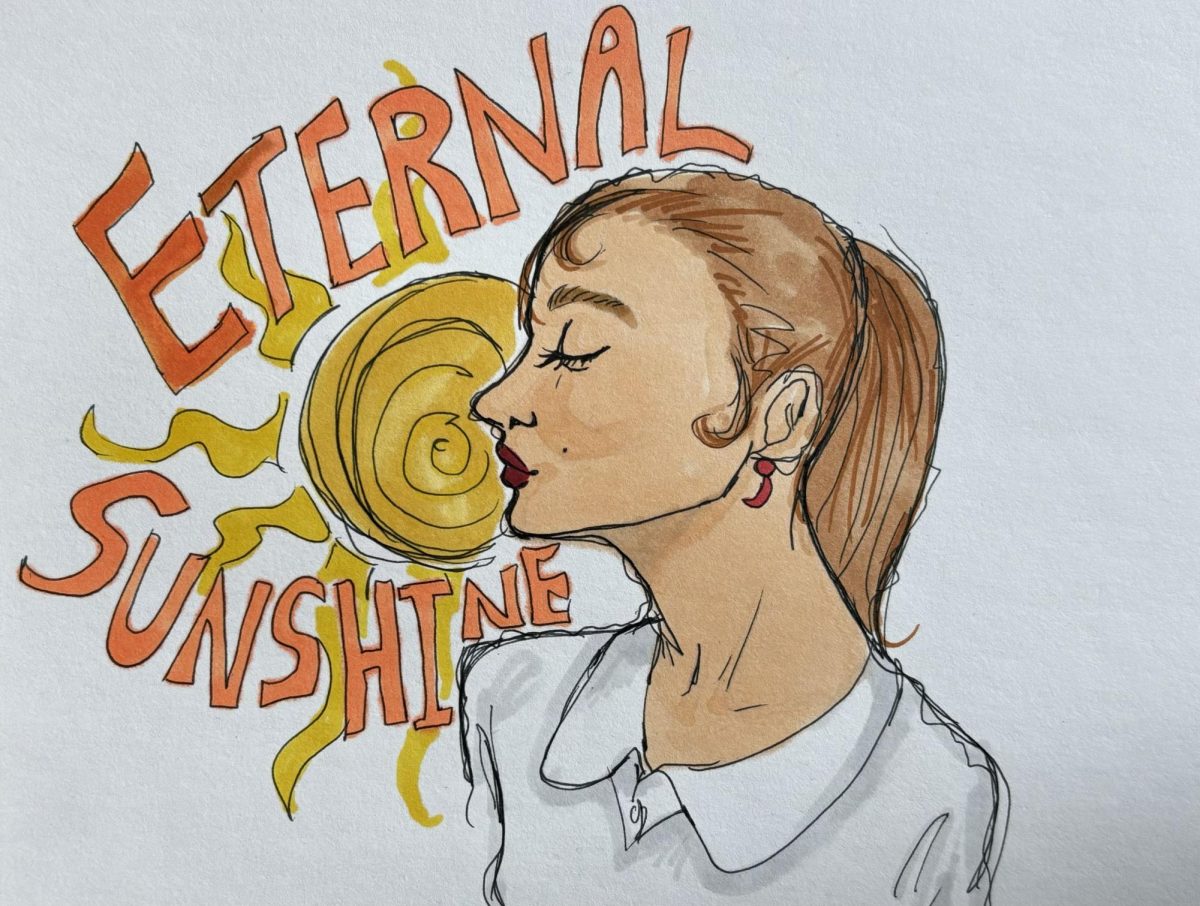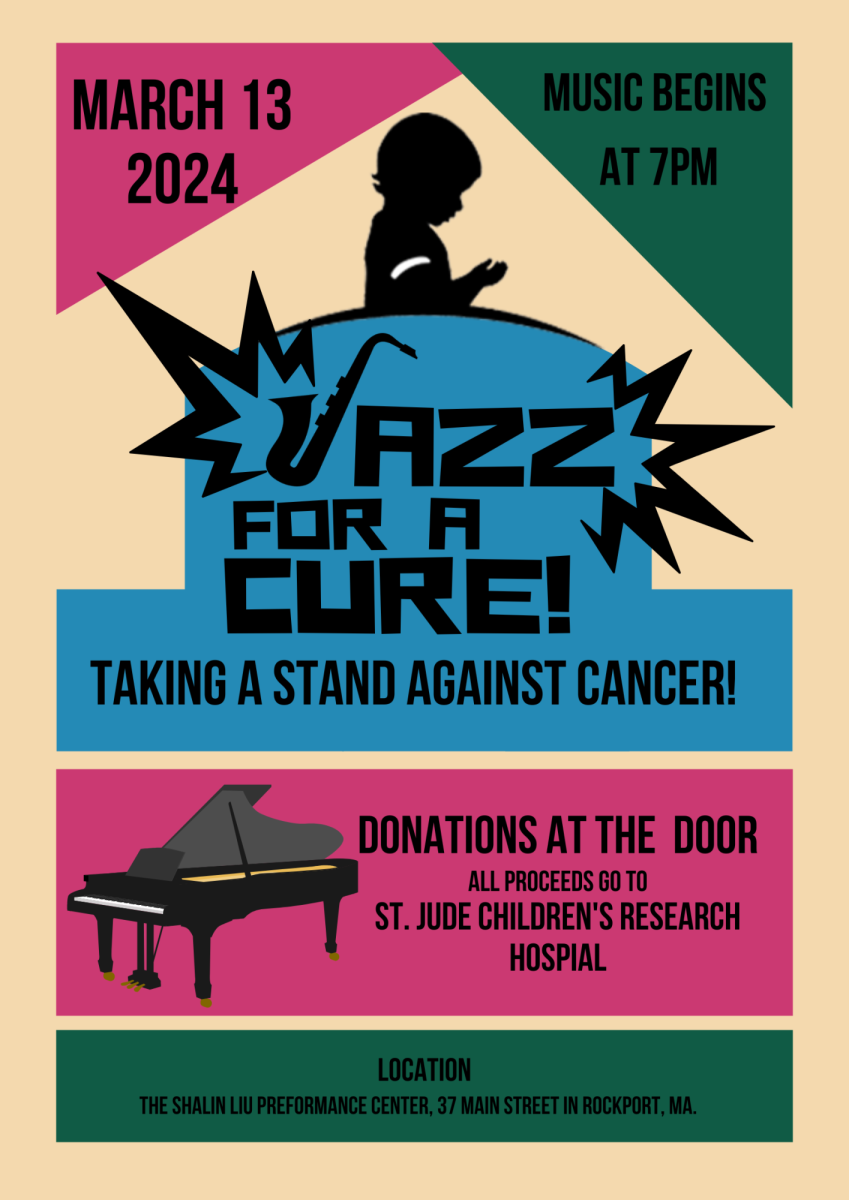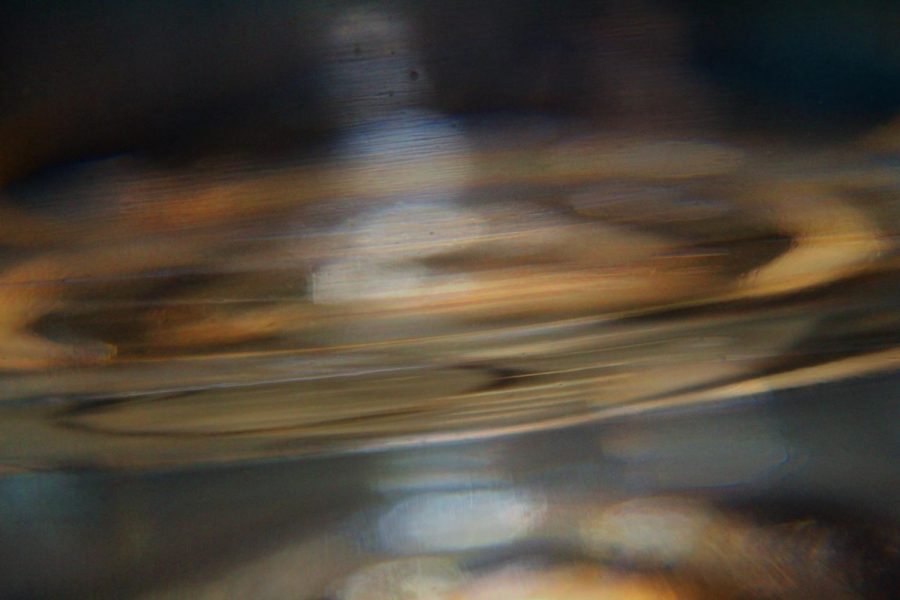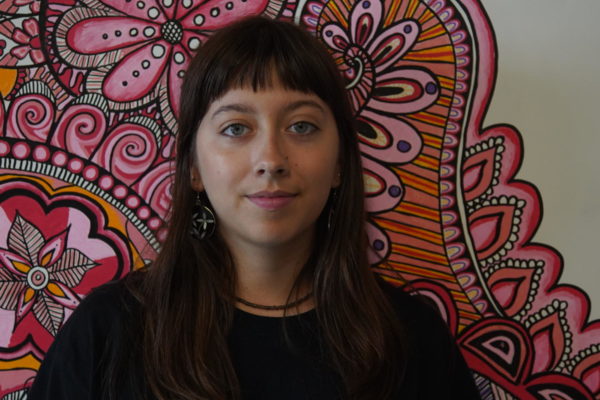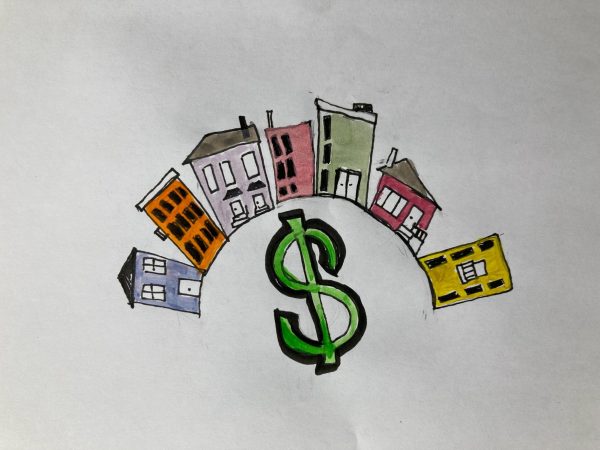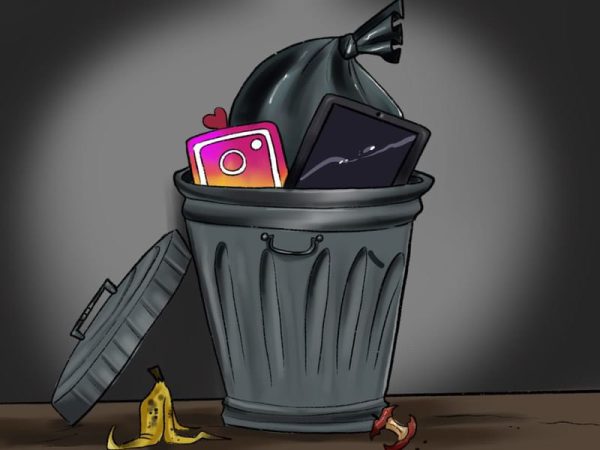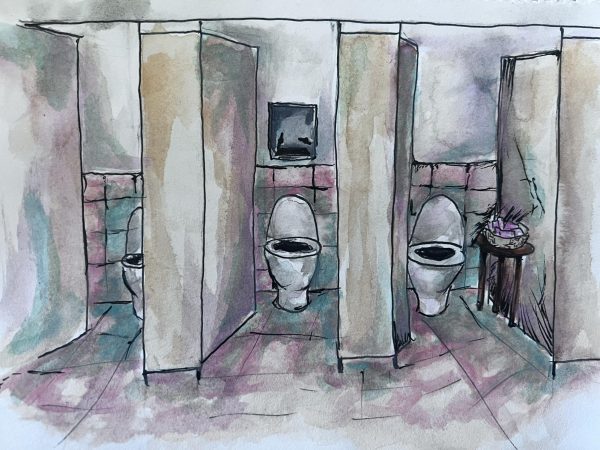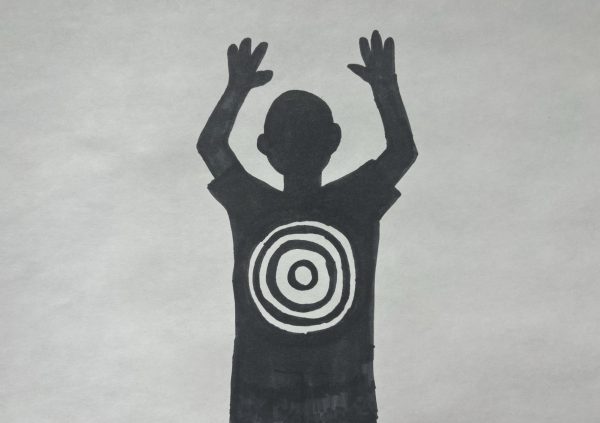Stop using OCD as an adjective
January 18, 2022
In my freshman year of high school, I was diagnosed with obsessive compulsive disorder, or OCD.
I’ve known something was off since I was little. There were things I did, and thoughts I had, that none of my other friends seemed to be inundated with, no matter how descriptive I was, no matter who I told. Years of being dismissed by peers and adults had convinced me that what was happening was completely normal, and just a symptom of being a smart, admittedly spacey kid with a too-big imagination. I was satisfied to believe that the compulsions and thoughts I experienced were just strange personality defects that eventually, I’d grow out of.
As it turns out, I have OCD, a mental disorder that affects about 2.2 million Americans, or 1 percent of the US population.
When I was first diagnosed, I read the report I received from the psychologist, got to the part where she labeled me “OCD” and thought, “no, no, this isn’t right”. My room was a mess. I was famous for turning in papers ripped in half and covered in scribbles and water stains. I was disorganized to a point that it became a running joke between my teachers and me.
When you hear the term “OCD”, what springs to mind? A dauntingly clean desk, every item perfectly straight and color-coordinated? Someone scrubbing a surface until it’s squeaky clean? Someone wiping down an apple excessively before eating, freaking out when you dare touch one of their meticulously aligned pens?
Although the examples above could be symptoms of OCD, that isn’t necessarily what OCD is. OCD is a disorder under the anxiety umbrella that is, as defined by the National Institute of Mental Health is, “a long-lasting disorder in which a person has uncontrollable, reoccurring thoughts (obsessions), and behaviors (compulsions) that they feel the urge to repeat over and over.” People with OCD get caught in cycles of having an intrusive thought, having an overwhelming compulsion to perform an action to relieve the intrusive thought, fulfilling the compulsion, and temporarily relieving the anxiety until the next intrusive thought. I too had an incorrect definition of what OCD is at the time of my diagnosis. After learning about what that label actually meant, and came to terms with it as part of my identity, I began to notice something.
People use the term “OCD” as an everyday adjective constantly.
Using the term “OCD” as an adjective not only takes the meaning out of the label, it incorrectly defines what the word actually means. Perfectionism is not the same as having OCD. When someone says they’re “so OCD about sleeping with the door closed”, they usually mean “I like sleeping with the door closed”, Closing the door when you sleep is a preference, however strong, and gives the person personal happiness and satisfaction from doing so.
People with OCD don’t derive any pleasure from fulfilling their compulsions. Picture two scenarios. A person without OCD decides they want to sleep with the door closed, for comfort, personal preference, etc. They get up, shut the door, go back to bed, and sleep.
Now the same scenario with a theoretical person with OCD: A person with OCD gets an intrusive thought telling them that they have to sleep with the door closed or someone will come in and kill them while they sleep. They close the door, get in bed, but the compulsion hasn’t left. They may have to get up, check the door, go back to bed, get up, check the door, go back to bed, for as long as it takes for the intrusive thought to be eased. The person’s sleep is affected, their mental health is affected, and this may only be one of several “loops” in a day.
All of these theoreticals are to illustrate the seriousness of OCD. It’s incredibly detrimental to the sufferer’s mental and sometimes physical health, and is not a thing to be taken lightly.
Throughout the COVID-19 pandemic, sanitization and caution have been at the forefront of all of our minds. The world understands that right now, lots of people are worried and lots of people are being extremely vigilant, and that is completely reasonable. It’s always okay to be worried about your health and the health of the public.
What is not okay is when people start saying things like “I have to clean this desk, I’m really OCD about it right now,” or “This COVID spike has been triggering my OCD about hand-washing.” It’s impossible to “have OCD about something”, because OCD isn’t an adjective. OCD is a mental disorder. OCD is, although treatable via therapy, incurable. OCD is traumatizing, not only because of the anxiety, but because of the horrific intrusive thoughts that plague the recipient. OCD affects almost every aspect of the sufferer’s life, and most importantly, OCD is not a thing to be trivialized.

